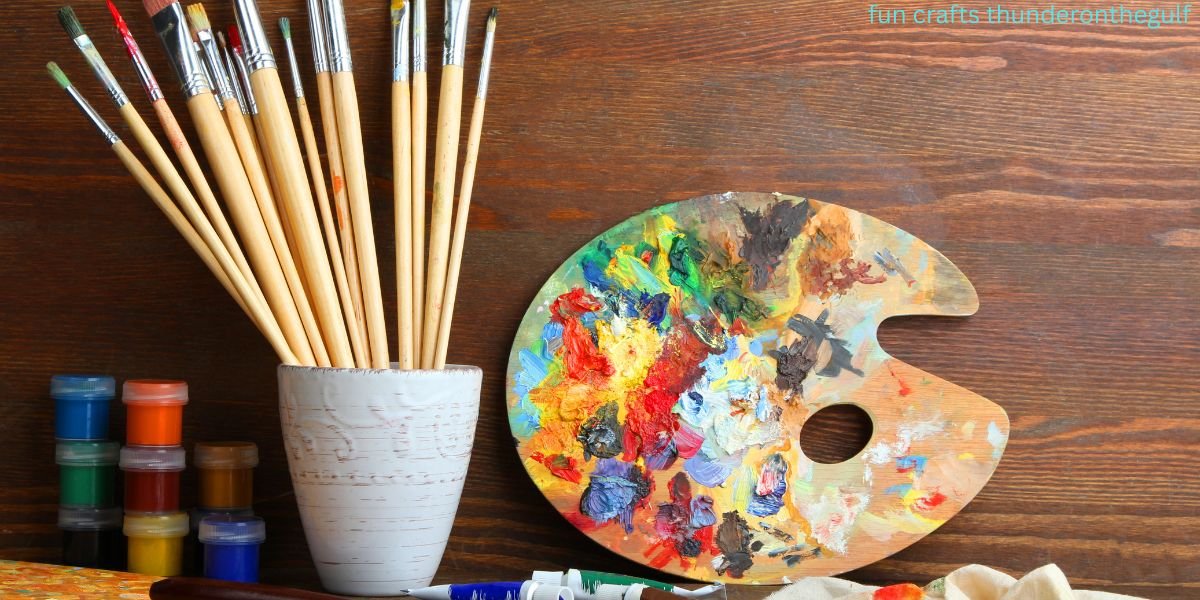As we dive into the bustling life of students, we often picture them buried in books, tirelessly preparing for exams. However, an essential component of their success often goes unnoticed—their hobbies. Far from being merely a distraction, hobbies can play a pivotal role in enhancing academic performance and personal development. In this article, we’ll explore how engaging in diverse interests can benefit students and serve as a cornerstone for success both inside and outside of the classroom.
Hobbies as a Springboard for Creativity and Problem-Solving Skills
Creativity is not bound to the arts alone; it is a critical component in fields like engineering, computer science, and medicine. Hobbies often stimulate creative thinking, allowing students to explore solutions in unconventional ways. Whether through painting, writing, or even fishing with fly tying materials, the innovation that hobbies encourage can be translated into academic work.
Additionally, hobbies can sharpen problem-solving skills. Complicated tasks such as coding, chess, or even culinary challenges require a methodical approach to finding solutions. This disciplined way of thinking is invaluable in an educational setting, where students are regularly faced with complex problems.
Moreover, persistence is a trait honed through hobbies. When students engage in activities they are passionate about, they are more likely to persevere through difficulties. This perseverance is a key skill in the face of academic challenges, promoting steadfastness in pursuit of goals.
Cultivating a Hobby: Practical Tips for Busy Students
Time constraints are a common hurdle for students when it comes to pursuing hobbies. However, selecting activities that require minimal setup or can be done in short bursts can be a practical solution. Reading, sketching, or even practicing musical scales are examples of hobbies that can be seamlessly woven into a tight schedule.
It’s also advantageous for students to choose hobbies that complement their academic pursuits. A nursing student might pursue a hobby in herbal gardening, finding that the knowledge of plants and their therapeutic benefits adds depth to their understanding of patient care, much like studying a program like https://online.uc.edu/masters-programs/msn-nurse-midwifery/.
Lastly, students should not be afraid to explore a range of activities until they find one that truly resonates with them. The journey of discovering a rewarding hobby can be as enlightening as the hobby itself, teaching flexibility and self-discovery along the way.
Balancing Books and Hobbies: A Strategy for Enhanced Learning
While it may seem challenging to balance academic responsibilities with leisure activities, there is a symbiotic relationship between the two. Students who effectively manage their time can benefit from the mental break that hobbies provide. A well-planned schedule that incorporates both studying and hobbies can lead to a more well-rounded and fulfilling student life.
Integrating hobbies into one’s routine can be as simple as dedicating certain hours of the day for relaxation and recreation. This division creates a structured environment where both academics and hobbies get due attention. Importantly, this balance ensures that the pursuit of one does not come at the expense of the other.
Students also find that their learning techniques can be enhanced through the skills acquired in their hobbies. For instance, a student passionate about building model airplanes might approach a physics problem with a more practical understanding. The key is to draw parallels between leisure activities and academic concepts, enriching the educational experience.
Real-Life Success Stories: Students Who Thrive With Diverse Interests

The annals of student success are filled with anecdotes of those who attribute part of their accomplishments to their hobbies. Take, for example, the pre-med student whose love for photography enhances her attention to detail, a skill crucial in both her artistic endeavors and lab work. Her hobby not only relaxes her but also sharpens her observational skills, a parallel benefit to her chosen career path.
Another illustration is found in the computer science major whose penchant for solving complex puzzles mirrors the debugging process in programming. This student finds that the logic and patience developed during leisure time greatly aid in tackling technical challenges within his studies. The problem-solving mindset cultivated outside the classroom seamlessly integrates into his academic efforts.
Overall, hobbies offer more than just a break from the rigors of academic life; they provide a platform for personal growth, skill development, and ultimately, success in various facets of life. By striking the right balance and recognizing the value in leisure activities, students can enhance their educational experience and shape a well-rounded future.






